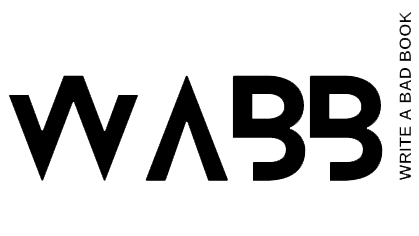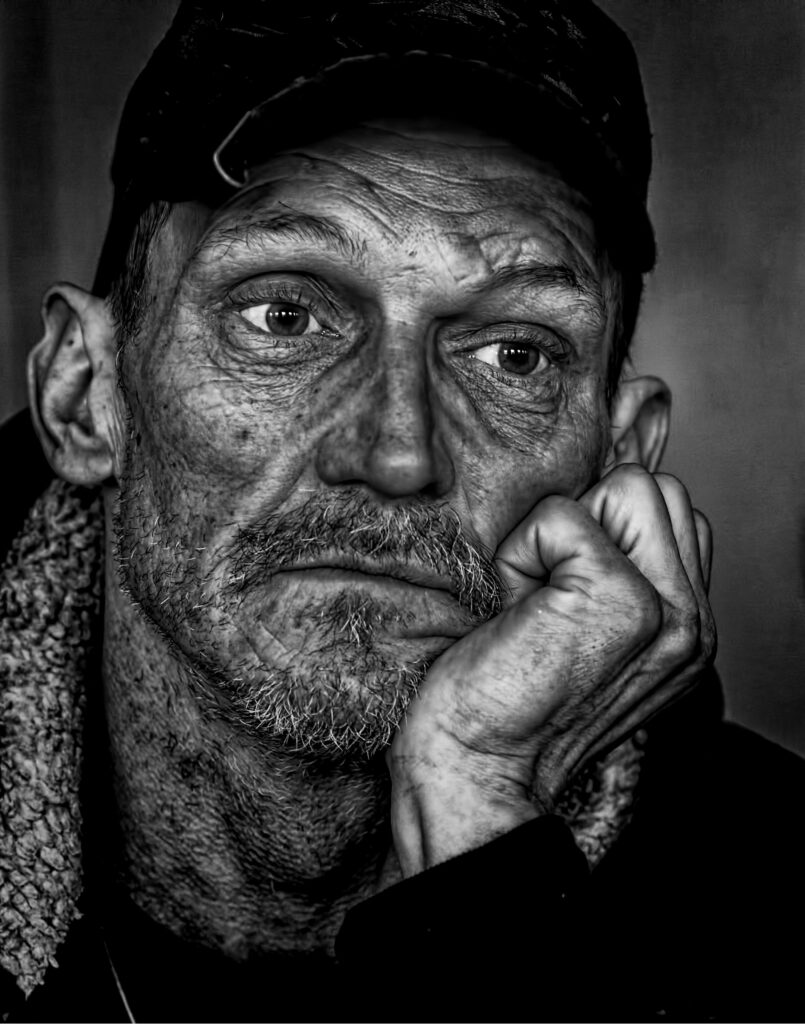If nothing bad happens to your main character you don’t have a story. For the empaths among you who have trouble giving their characters a hard time, here is a list of 30 terrible things that could happen to them!
Often you will see several of these events in one book, story or movie. You can make them as big or small as you want. The natural disaster for example can be something huge like a meteor that will destroy the earth exactly 10 days from now. But it could also be lightning striking a little boys treehouse.
You can use this list if you don’t know what to write about or just want to practice writing. Read through the list and pick one that triggers your memory or fantasy. If you already have a start of a story but your stuck you can use this list to come up with the next moment of crises to develop your story further.
For this exercise, read through the list and pick one of the disasters that triggers your fantasy or your memory. Describe the moment that your protagonist learns about this disaster. Are they there when it happens or does someone tell them? After this you can also write a scene of how the situation was before this moment.
Once you have written these two scenes you have the first two elements of a classic story structure. The opening and the incident.
1. Betrayal by a Close Friend:
A trusted friend turns out to be working against the protagonist, revealing secrets or undermining their goals.
2. Loss of a Loved One:
The death or severe illness of a beloved family member or friend can create emotional turmoil for the protagonist.
3. Financial Ruin:
The protagonist faces a sudden and severe financial crisis, potentially losing their job, home, or entire savings.
4. False Accusation:
The protagonist is falsely accused of a crime they didn’t commit, leading to legal troubles, damaged reputation, and strained relationships.
5. Personal Injury or Health Crisis:
The protagonist experiences a serious accident or health issue, jeopardizing their well-being and ability to pursue their goals.
6. Destruction of a Dream:
The protagonist’s lifelong dream or ambition is shattered due to unforeseen circumstances, leaving them devastated and directionless.
7. Isolation or Estrangement:
The protagonist is abandoned or rejected by those they care about, leading to a profound sense of loneliness and alienation.
8. Natural Disaster:
The protagonist is caught in the midst of a natural disaster, such as a hurricane, earthquake, or flood, adding a physical and emotional struggle.
9. Invasion of Privacy:
The protagonist’s personal life is invaded, either through a public scandal or a violation of privacy, causing humiliation and distress.
10. Existential Crisis:
The protagonist undergoes a profound internal struggle questioning the meaning and purpose of their life, leading to a period of intense self-reflection.
11. Political Persecution:
The protagonist becomes the target of a politically motivated persecution, facing threats from those in power and dealing with the consequences of standing up for their beliefs.
12. Identity Crisis:
The protagonist discovers a shocking truth about their identity, upending their sense of self and challenging their understanding of who they are.
13. Addiction or Substance Abuse:
The protagonist struggles with addiction or substance abuse, affecting their relationships, work, and overall well-being.
14. Framed for a Serious Crime:
The protagonist is framed for a serious crime, leading to a manhunt and a race against time to clear their name.
15. Terminal Illness:
The protagonist receives a terminal diagnosis, forcing them to confront their mortality and make difficult decisions about how to spend their remaining time.
16. Kidnapping or Hostage Situation:
The protagonist or someone close to them is kidnapped, leading to a high-stakes situation with potentially life-threatening consequences.
17. Psychological Breakdown:
The protagonist experiences a mental health crisis, struggling with anxiety, depression, or other mental health challenges that impact their ability to function.
18. Societal Collapse:
The protagonist navigates a world on the brink of societal collapse, dealing with chaos, scarcity, and the breakdown of social order.
19. Irreparable Reputation Damage:
The protagonist faces a scandal that irreparably damages their reputation, making it difficult for them to rebuild trust and credibility.
20. Supernatural or Paranormal Encounter:
The protagonist encounters supernatural forces or paranormal events that challenge their understanding of reality and the boundaries of the natural world.
21. Forced Betrayal:
The protagonist is coerced into betraying someone they care about deeply, leading to internal conflict and strained relationships.
22. Artistic Block or Loss of Talent:
If your protagonist is an artist, writer, or performer, they could experience a sudden loss of creativity or talent, raising questions about their identity and purpose.
23. Technological Catastrophe:
The protagonist contends with the aftermath of a technological disaster, such as a cyberattack or artificial intelligence gone rogue, impacting society on a grand scale.
24. Time Travel Consequences:
If your play involves time travel or alternate realities, the protagonist faces unintended consequences or paradoxes that threaten their existence or the fabric of reality.
25. Custody Battle:
The protagonist becomes embroiled in a bitter custody battle for a child, exposing them to legal challenges and emotional turmoil.
26. Cult Infiltration:
The protagonist or someone close to them becomes entangled with a cult, leading to a struggle for escape and recovery from the psychological impact.
27. Incurable Curse or Hex:
The protagonist falls victim to a supernatural curse or hex that brings about a series of unfortunate events, with no apparent solution in sight.
28. Memory Loss:
The protagonist experiences amnesia or memory loss, making it challenging for them to navigate their relationships and uncover crucial aspects of their past.
29. Unforeseen Consequences of a Good Deed:
The protagonist’s attempt to do a good deed results in unexpected and negative consequences, complicating their moral compass and decision-making.
30. Global Crisis:
The protagonist grapples with a global crisis, such as a pandemic, environmental catastrophe, or war, putting their personal struggles into a broader context.
These challenges can be used to explore themes of resilience, redemption, and personal growth.
Remember, the key is not just to pile on misfortune but to use these challenges to drive character development and plot progression. But why not have fun with it and see how far you can go?



